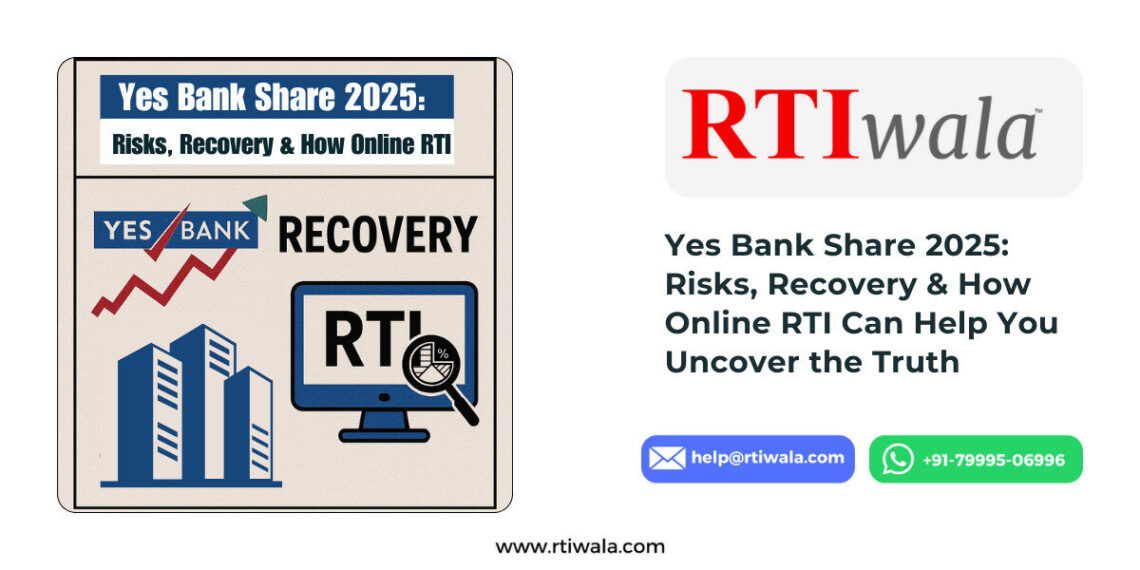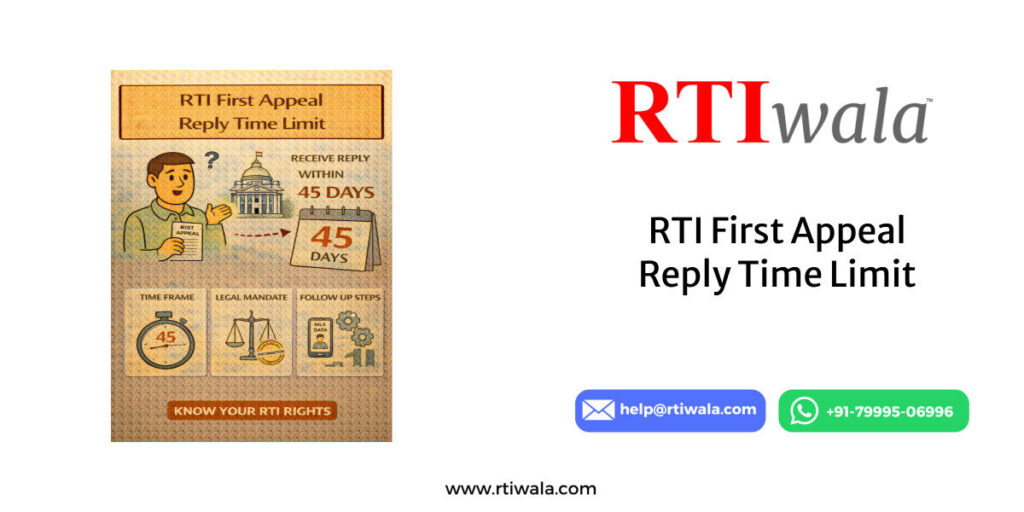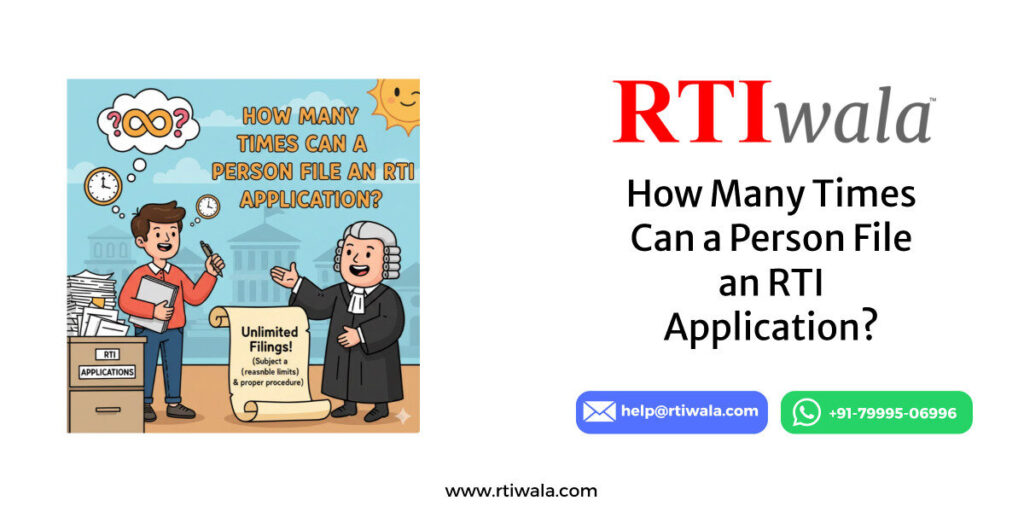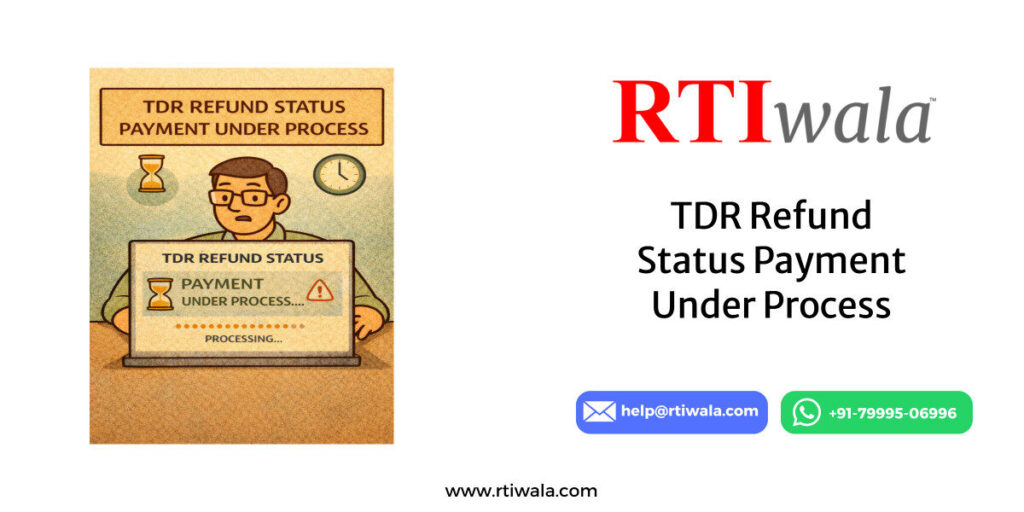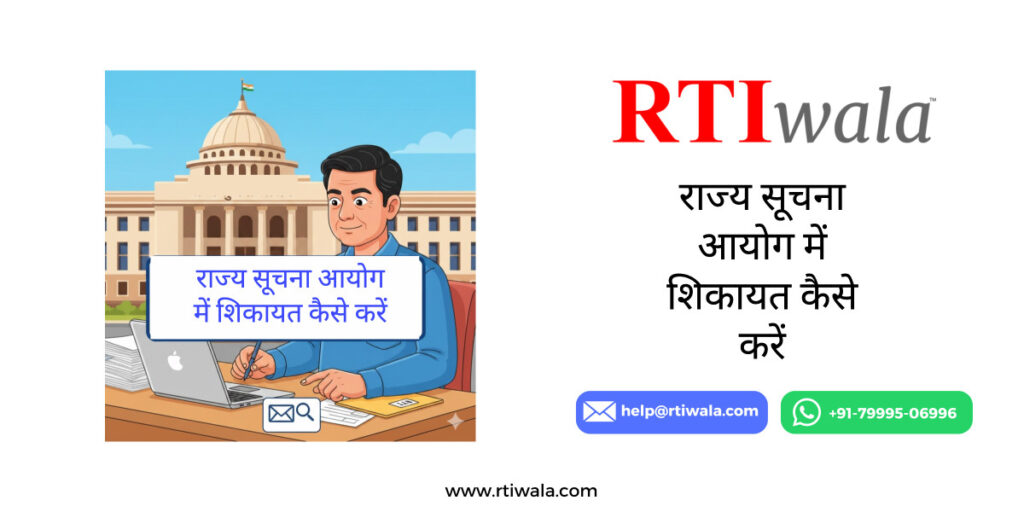Table of Contents
- Introduction: The Yes Bank Share Story
- Yes Bank Share Price – Past and Present
- Why Investors Are Still Worried
- Fear Factor: The Hidden Risks of Yes Bank Shares
- How RTI Can Help Yes Bank Investors
- Step-by-Step Guide: File Online RTI on Yes Bank
- Why RTIwala is the Right Choice
- FAQs on Yes Bank Shares & RTI
- Conclusion: Protect Your Investments with RTI
Introduction: The Yes Bank Share Story
Yes Bank has been one of India’s most talked-about private sector banks. Once a darling of the stock market, its shares crashed in 2020 due to mounting bad loans and governance failures.
Today, while Yes Bank shares show signs of stability, investors remain cautious.
Many wonder:
- Are the financials truly transparent?
- How strong is the bank’s recovery?
- Will past mistakes repeat themselves?
For an RTI applicant, the Right to Information Act provides a powerful tool to demand clarity. By filing an RTI application through online RTI India, you can seek authentic answers from regulators like RBI, SEBI, and even the bank itself.
Yes Bank Share Price – Past and Present
- 2018: Shares traded above ₹400, attracting retail and institutional investors.
- March 2020: Prices fell to ₹5–₹10, wiping out investor wealth.
- 2021–2024: Gradual recovery with government and SBI-led restructuring.
- 2025: Shares trade between ₹15–₹20, but volatility remains.
While the stock shows signs of revival, long-term trust is still fragile.
Why Investors Are Still Worried
- High NPAs (Non-Performing Assets): Questions remain on actual loan recoveries.
- Dilution of Shares: Heavy equity infusion reduced existing shareholders’ stakes.
- Slow Profitability: The bank still struggles to match old profit margins.
- Regulatory Silence: Limited transparency on restructuring progress.
Many retail investors feel left in the dark. This is where RTIwala comes in, helping you file online RTI filings to get official documents and replies.
Fear Factor: The Hidden Risks of Yes Bank Shares
- Unclear Financial Reports: Are NPAs underreported?
- Corporate Governance Concerns: Past mismanagement raises doubts about future decisions.
- Retail Investor Neglect: Small investors often get no answers while big institutions get inside updates.
- Risk of Another Crash: Without proper oversight, investors may lose money again.
Example: Several investors discovered via RTI that RBI had issued internal warnings to banks months before public disclosures. If such information was known earlier, investors could have saved crores.
How RTI Can Help Yes Bank Investors
The Right to Information Act, 2005 gives investors the power to:
- Ask RBI for details of audits and inspections of Yes Bank.
- Request SEBI to disclose investigation findings on share price manipulation.
- Demand clarity on restructuring plans and loan recoveries.
- Seek minutes of meetings where key decisions were made.
By filing an online RTI file, you can demand these details legally. With RTIwala, you can apply for RTI online with expert drafting to ensure your queries get valid responses.
Step-by-Step Guide: File Online RTI on Yes Bank
- Identify Authority: RBI, SEBI, or Ministry of Finance (depending on the query).
- Draft RTI Application: Example:
- “Please provide details of RBI inspection reports on Yes Bank for FY 2023–24.”
- “Provide information on SEBI’s investigation into Yes Bank’s share price fall in March 2020.”
- File RTI Online: RTIwala’s platform for online RTI filing.
- Pay Nominal Fee: Usually ₹10.
- Receive Reply: Government bodies must respond within 30 days.
Why RTIwala is the Right Choice
Filing RTI on financial matters requires precision. Authorities often reject vague or emotional queries.
RTIwala offers:
- Custom Drafting of RTI applications for banking and financial queries.
- Anonymous Filing to protect your identity.
- Appeal Support if authorities delay or deny answers.
- Nationwide Access: File RTI online from anywhere in India.
FAQs on Yes Bank Shares & RTI
1. Can I File RTI to know why Yes Bank shares fell in 2020?
Yes. You can request RBI/SEBI reports and investigation findings.
2. Can I apply for RTI online about Yes Bank’s financial health?
Yes, with online RTI India, you can demand financial audits and inspection reports.
3. Will RTI disclose future share price movements?
No. RTI provides past and present official documents, not predictions.
4. How to file an RTI if I suspect manipulation in Yes Bank shares?
You can ask SEBI for details of complaints, investigations, and actions taken.
5. Is it safe to file RTI against financial regulators?
Yes, especially with anonymous RTI filing through RTIwala.
Conclusion: Protect Your Investments with RTI
The Yes Bank share saga is a lesson in why investors must demand transparency. Don’t depend only on media speculation or corporate press releases.
Utilize your Right to Information to demand official answers.
Leverage RTIwala to file RTIs online securely and effectively.
📞 Call +91-7999-50-6996 now.
🔗 File Online RTI through RTIwala’s expert team.












































